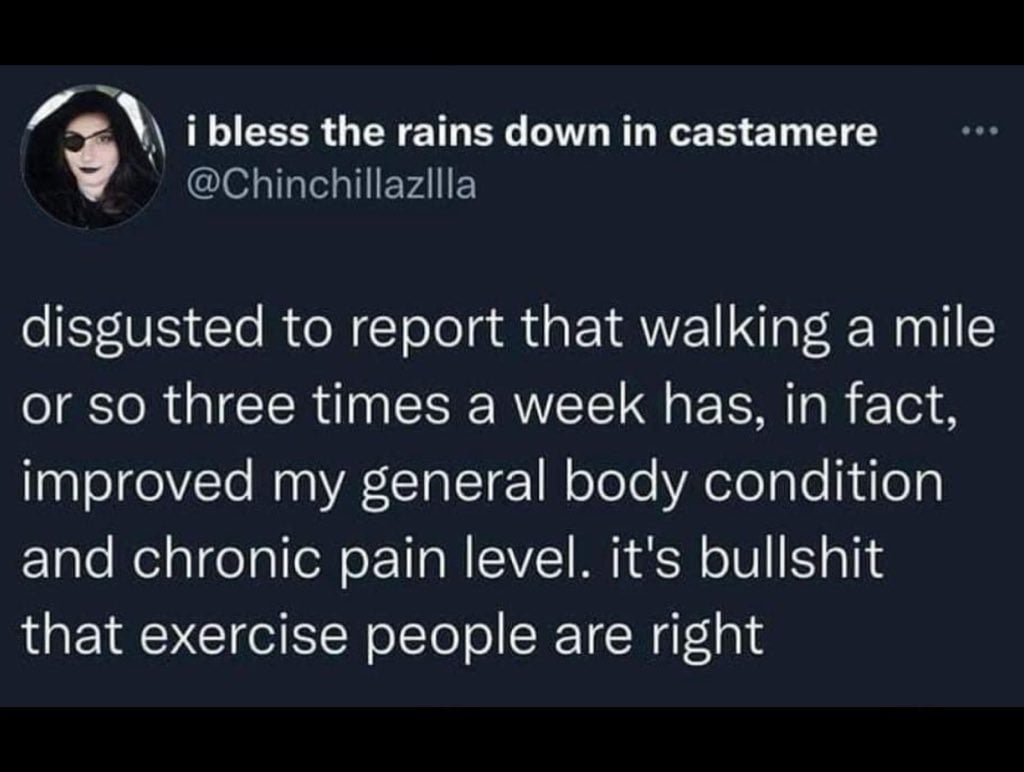this post was submitted on 24 Aug 2024
1825 points (99.4% liked)
People Twitter
9636 readers
139 users here now
People tweeting stuff. We allow tweets from anyone.
RULES:
- Mark NSFW content.
- No doxxing people.
- Must be a pic of the tweet or similar. No direct links to the tweet.
- No bullying or international politcs
- Be excellent to each other.
- Provide an archived link to the tweet (or similar) being shown if it's a major figure or a politician. Archive.is the best way.
founded 2 years ago
MODERATORS
you are viewing a single comment's thread
view the rest of the comments
view the rest of the comments

Back when we lived to the ripe old age of 38.
(Im kidding, I know that was mostly due to infection and whatnot)
The 'age of 38' thing isn't even due to infection ir disease, or even a thing at all. 38 was the average between the high number of infant deaths and the normal lifespan of someone who didn't.
Ok, women giving birth skewed it a bit too. Men didn't die in battle as much as people think, since most battles were decided when a small portion of the losing side died and the rest fled.
Do we have numbers for the hunter-gatherer time that can even be skewed by infant deaths?
Edit: as it turns out, yes, absolutely. Wikipedia says the lifespan is around 21-37 years but 57% died before 15 and 64% of those that don't would also reach 45.
Yeah, mid twenties to mid thirties tends to be the peak of human health and physcial fitness which would be true no matter what conditions are, so it would make sense that disease, accidents, and other trauma would be far less fatal during those ages.